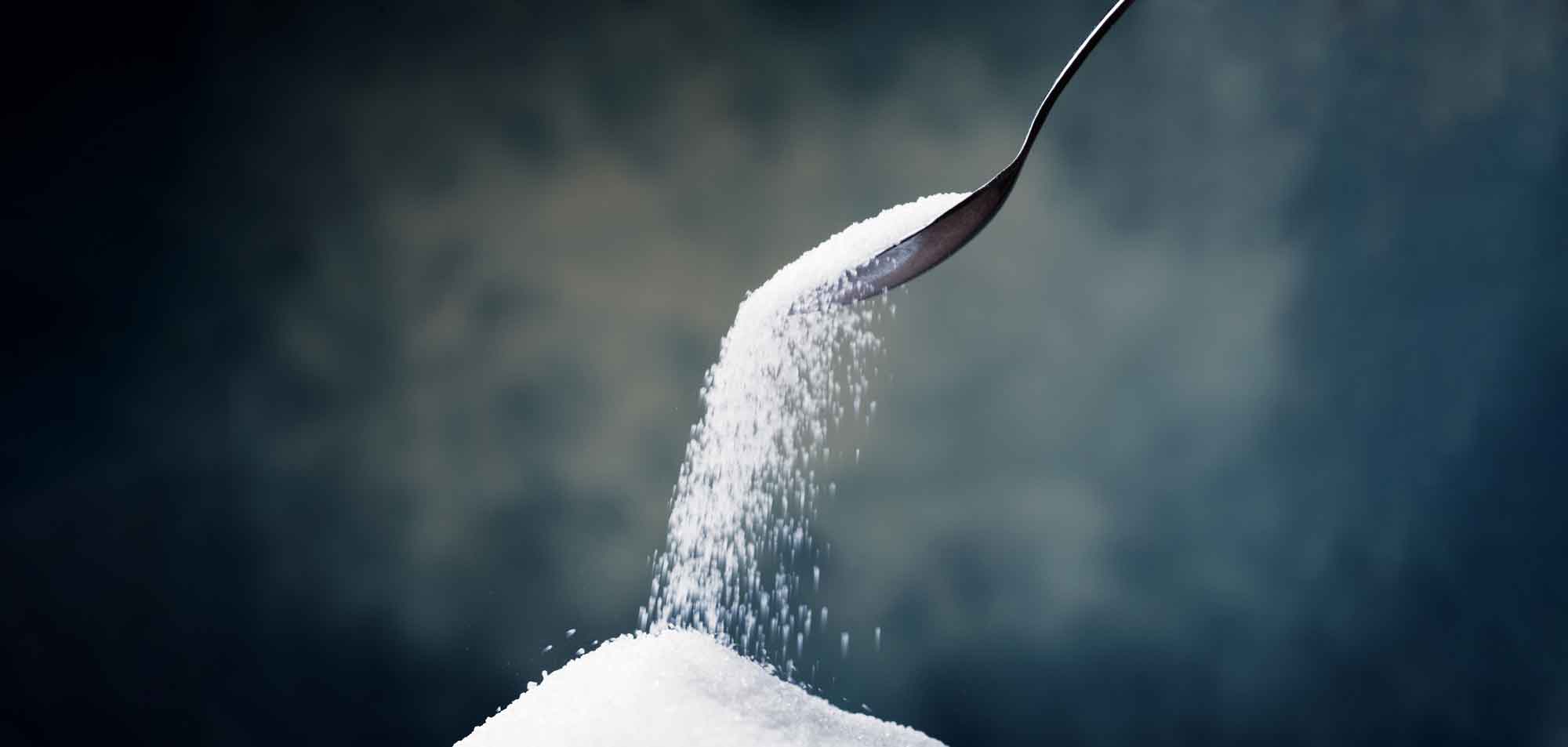
Sugar, You're Going Down | Sweetners: The Good, The Bad, & The Ugly
WRITTEN BY MILICA STOJSAVLJEVICK AND DR. SWATHI
Are you the type of person that has to have something sweet after a nice savory meal? Do you go for the cookies and cakes when you need a little junk food fix?If you’re anything like me, you are finding any excuse in the book to have some dessert because what’s life without a little sweet treat, right?
But, as with everything good, there comes consequences. I know what you’re thinking, here she goes with the bad news. In which case I’ll admit you’re right, slightly, but I’m also going to tell you about some great sugar alternatives that will have you thinking you didn’t miss a beat!
When people hear sugar, they usually think of the typical foods and drinks like ice cream, cookies, cake, chocolate, candy, soda etc., but sugar is hiding in a lot of places we might not always think of. Next time you go to the grocery store, pick up a bottle of ketchup, a yogurt, a frozen pizza, or even a can of tomato soup and look at the label for the sugar content and ingredients. You’ll be surprised to see how much added sugar is in these items. In terms of fast food, Time Magazine put out an article this month listing some of the top shocking sugary foods, and they stated that a McDonald’s cinnamon roll has about the same amount of sugar as KFC’s coleslaw (1)!
Manufacturers are also getting creative and using different names for added sugars. There are over 60 names for these added sugars and although some of them are easy to spot because they contain the word sugar itself, others are not so easily noticed such as the ones ending in syrup or “-ose” (2). Included at the bottom of this article is a list of the 61 names for sugar you may not have been aware of and should keep an eye out for* (3). Some sugars like fructose which is present in fruit, or lactose in dairy, are naturally occurring sugars that are not as bad for our bodies as some of the other refined sources, but still, something worth noting.
Sugar is a source of carbohydrates, which is one of the macronutrients needed for our bodies to produce energy for our cells (4). Our bodies need them to survive, but these essential carbs can be better found in minimally processed or unprocessed whole grains, vegetables, fruits, dairy products, and beans (4), rather than from cakes and other more processed foods. According to the American Heart Association, women should only be consuming up to 25 grams (6 teaspoons) and men 36 grams (9 teaspoons) of sugar per day (2). To put that into perspective, a typical 12-ounce soda has about 46.2 grams of sugar (3), which is well over the daily limit for everyone!
Some of the effects sugar has on the body include high blood pressure, weight gain, diabetes, fatty liver disease, acne, yeast/bacteria overgrowth, and, a topic becoming more and more prevalent in today’s day and age, inflammation (4). Inflammation has been directly linked to fatigue, digestive issues, depression and other mood disorders, body pain, insomnia, and infections, among other conditions (5). With long-term and consistently elevated sugar intake, it can wreak havoc on your body via cardiovascular problems, such as heart attacks and strokes.
Now here’s some good news! Nowadays with the keto and paleo diets being so popular, there are so many sugar substitutes and products low in sugar out there for consumers to buy! A lot of these items will state “refined sugar free”.
This brings up the topic of glycemic index. This seems like a buzz term, but it is a really important concept to understand when deciding which sweetener to select. This is a value that is assigned to all foods based on the speed with which they increase blood glucose levels — the lower the number, the better. Sweeteners such as stevia, erythritol, monk fruit, allulose, and yacon syrup, have a glycemic index of 0-1; these are the best options. If you do not have immediate access to these, it is recommended to use unrefined sweeteners like agave, coconut sugar, honey, and maple syrup. These are naturally occurring sugars with glycemic indices lower than those that are heavily manufactured and refined.
So, next time you want that stack of pancakes for breakfast, or that second piece of pie after dinner, look up some healthy substitutes and start making changes to a healthier you today!
*Agave nectar, Barbados sugar, Barley malt, Barley malt syrup, Beet sugar, Brown sugar, Buttered syrup, Cane juice, Cane juice crystals, Cane sugar, Caramel, Carob syrup, Castor sugar, Coconut palm sugar, Coconut sugar, Confectioner's sugar, Corn sweetener, Corn syrup, Corn syrup solids, Date sugar, Dehydrated cane juice, Demerara sugar, Dextrin, Dextrose, Evaporated cane juice, Free-flowing brown sugars, Fructose, Fruit juice, Fruit juice concentrate, Glucose, Glucose solids, Golden sugar, Golden syrup, Grape sugar, HFCS (High-Fructose Corn Syrup), Honey, Icing sugar, Invert sugar, Malt syrup, Maltodextrin, Maltol, Maltose, Mannose, Maple syrup, Molasses, Muscovado, Palm sugar, Panocha, Powdered sugar, Raw sugar, Refiner's syrup, Rice syrup, Saccharose, Sorghum Syrup, Sucrose, Sugar (granulated), Sweet Sorghum, Syrup, Treacle, Turbinado sugar, Yellow sugar
Resources
- Sifferlin, A. 8 Shocking Sugar Foods. Time USA. https://time.com/15858/8-surprisingly-sugary-foods/. Published March 8, 2014. Accessed February 28, 2021.
- Gager, E. Finding the Hidden Sugar in the Foods You Eat. Johns Hopkins Medicine. https://www.hopkinsmedicine.org/health/wellness-and-prevention/finding-the-hidden-sugar-in-the-foods-you-eat. Accessed February 28, 2021.
- Hidden in Plain Sight. Sugar Science. https://sugarscience.ucsf.edu/hidden-in-plain-sight/#.YDxq6S9h3OQ. Accessed February 28, 2021.
- The Sweet Danger of Sugar. Harvard Health Publishing. https://www.health.harvard.edu/heart-health/the-sweet-danger-of-sugar. Published May 2017. Updated November 5, 2019. Accessed February 28, 2021.
- Caporuscio, J. Does sugar cause inflammation in the body? Medical News Today. https://www.medicalnewstoday.com/articles/326386#sugar-and-inflammation. Published September 19, 2019. Accessed February 28, 2021.
--
This article was edited by Dr. Swathi and was written by Element Apothec Scientific Communications Intern, Milica Stojsavljevic. She is a Doctor of Pharmacy (PharmD) student at Concordia University Wisconsin School of Pharmacy in Mequon, Wisconsin.











